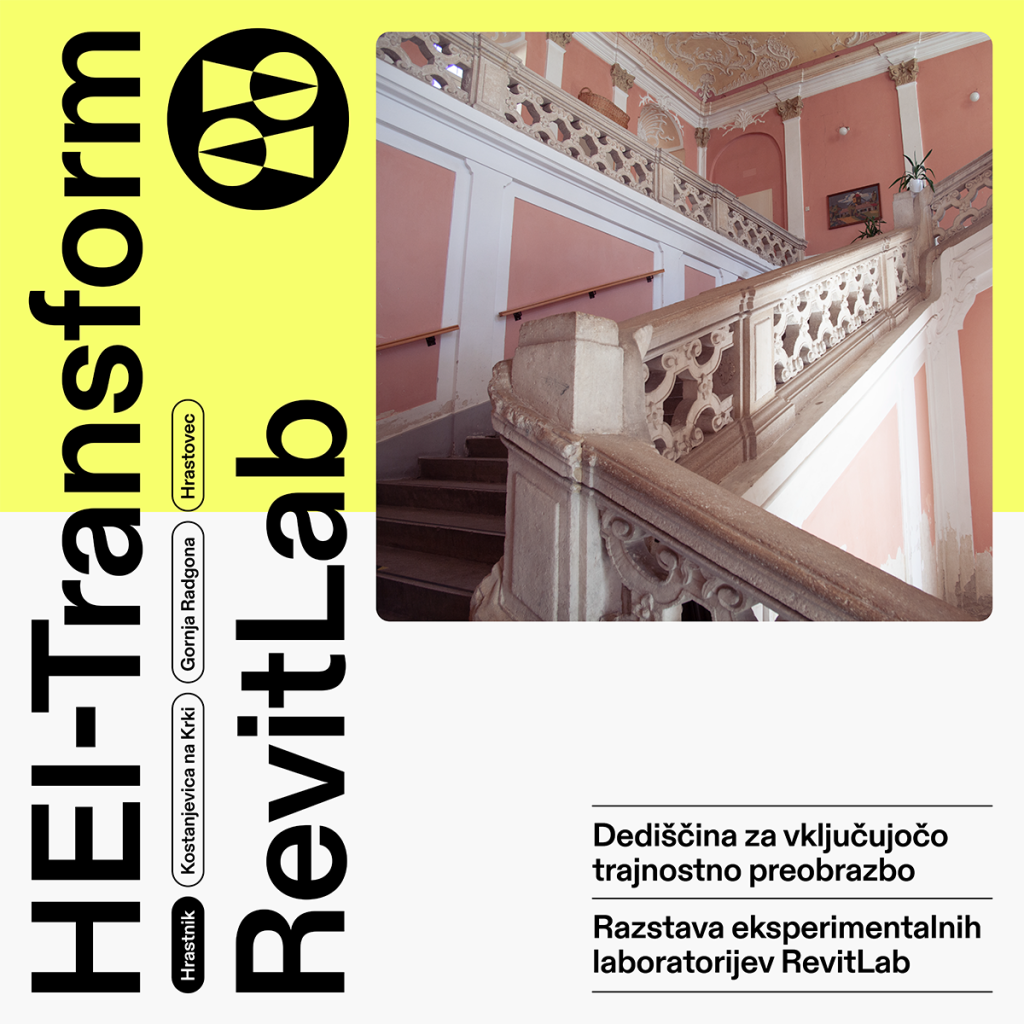The CHARTER Strategy sets out 12 concrete recommendations to strengthen the heritage sector by addressing key gaps in education, training and labour market needs. These targeted actions aim to ensure sustainability, inclusiveness and innovation, while positioning cultural heritage as a driver of social, economic and environmental progress.

Roadmap to a successful heritage sector
1. Establish skills strategies for the heritage sector for systemic change
Promoting coordinated skills strategies at EU, national and regional level to match education and labour market needs and to ensure the role of heritage in achieving social and environmental objectives.
2. Prevent the loss of heritage skills
Combating the loss of traditional heritage skills caused by disrupted generational transfers, shrinking markets and precarious employment. Underline their importance in meeting contemporary challenges such as sustainability and climate resilience.
3. Complement core heritage skills with transversal skills to promote inter- and transdisciplinarity
Equip heritage professionals with communication, digital, entrepreneurial and ethical skills and core competences in conservation and management to navigate evolving challenges and interdisciplinary roles.
4. Offer future-oriented education and training
CHARTER identifies eight pathways for curriculum adaptation or development: community involvement, sustainability of built heritage, heritage crafts, preservation of new heritage, digital heritage, participatory governance, heritage policy-making and international relations. These pathways address the current and future demands of the sector.
5. Promote the field of lifelong learning for the heritage sector
Promote Continuing Education (CET) to up-skill and re-skill professionals in areas such as digital content creation, preservation and management, ensuring the flexibility to adapt to emerging needs such as artificial intelligence and digital outreach.
6. Promote the recognition of non-formal and informal prior learning
Extend the recognition of skills acquired through non-formal and informal methods, such as on-the-job training and traditional crafts, using tools such as micro-credentials and certification processes to improve mobility and access to careers.
7. Provide work-based learning for professional development and early career progression
Improve access to apprenticeships and traineeships by improving coordination, offering fair pay and ensuring better integration into education programmes to bridge the gaps between training and the workplace.
8. Strengthen quality assurance in heritage education and training
Standardise quality assurance in vocational (VET) and continuing education (CET) to ensure consistent standards across the EU, especially for work-based learning, which is essential for heritage professionals.
9. Work towards a successful and diverse heritage workforce
Address labour insecurity by improving job stability, promoting gender equality and increasing the representation of disadvantaged groups to foster diversity and resilience in the heritage sector.
10. Promote professional recognition and facilitate mobility
Harmonise standards and improve the recognition of qualifications to support the mobility of heritage professionals across the EU, address gaps in tools such as ESCO and improve alignment with national frameworks.
11. Develop and use reliable socio-economic indicators for evidence-based policies
Improve data collection and monitoring using updated methodologies and taxonomies to ensure reliable statistics that reflect the dimensions of the sector and inform effective policy-making.
12. Develop cross-sectoral cross-fertilisation of heritage knowledge
Recognise and strengthen the intersection of heritage with other sectors such as tourism, sustainability and urban planning, while improving procurement standards to include heritage-related activities and attract qualified professionals.
To explore these recommendations in more detail, along with a detailed insight into the challenges facing the sector, the proposed solutions and the wider impact of the CHARTER initiative, we invite you to read the full recommendations document. Each recommendation is supported by specific implementation actions, clearly categorised by the relevant stakeholders. In addition, the document contains detailed sections tailored to the recommendations, involving the European Union, Member States and regional authorities, education and training providers and cultural heritage and employers, providing a comprehensive and actionable roadmap for the sector.
Dive into the full version to understand how CHARTER is shaping a forward-looking and sustainable future for the heritage ecosystem.
CHARTER, European Cultural Heritage Skills Alliance, Associated with and represented by Full spectrum sector cultural Heritage in Europe. 47 Project Partners See aims show value cultural Heritage and create flexible and Responsive sector.



